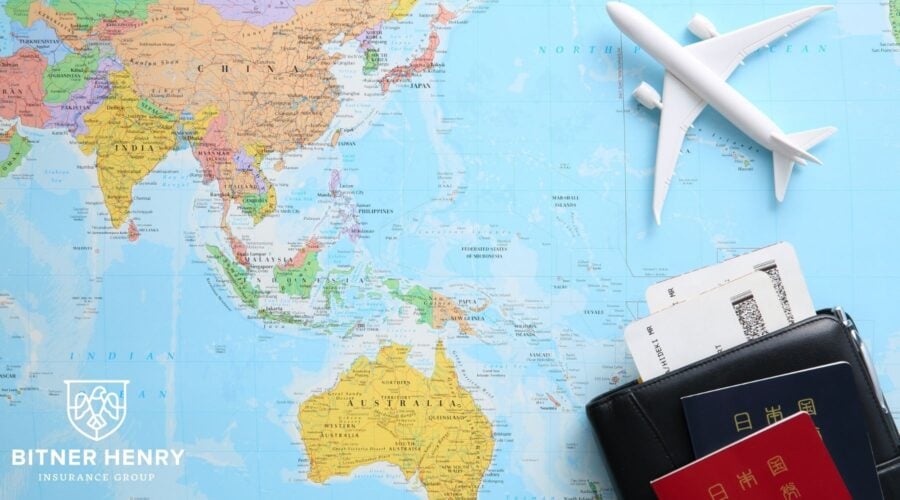
Why doesn’t travel insurance cover evacuation during a coup?
For organizations sending personnel into dynamic international environments, the belief that standard travel insurance will cover every unforeseen emergency can be a dangerous misconception.
The Core Purpose of Standard Travel Insurance
Standard travel insurance policies are primarily designed to cover personal travel risks. Their focus is typically on:
- Medical Emergencies: Unexpected illness or injury, including emergency medical treatment and transport to a capable medical facility.
- Trip Interruptions/Cancellations: Financial protection against unforeseen events that force a traveler to cancel or cut short their trip.
- Lost Baggage: Coverage for baggage delays, loss, or theft.
- Travel Delays: Benefits for unexpected delays due to airline issues or other common travel disruptions.
While many travel insurance policies do include a medical evacuation benefit, this is specifically for medical reasons. If you fall ill and need to be moved to a better hospital, that’s covered. However, if the reason for evacuation is a sudden shift in the security landscape due to political upheaval, typical travel insurance often falls short.
The Missing Piece: Security Evacuation Triggers
The key to understanding why most travel insurance doesn’t cover evacuations during a coup lies in its triggering conditions for evacuation. The evacuation benefit in standard travel insurance is almost exclusively tied to a medical necessity. An individual must be injured or gravely ill, and local medical facilities must be deemed inadequate.
Even if the environment becomes incredibly dangerous due to a coup, if the individual is not medically incapacitated, a standard travel insurance policy’s evacuation benefit will not activate.
The Real-World Impact: Delays and Direct Costs
When personnel are in a country experiencing a coup and relying solely on standard travel insurance, the consequences can be severe:
- Dangerous Delays: The ministry might find its personnel trapped in a deteriorating security situation.
- Unbudgeted Expenses: Faced with an urgent need to remove personnel from harm’s way, the organization will be forced to fund a security evacuation entirely out of pocket.
- Lack of Crisis Management Support: Standard travel insurance does not provide access to the specialized crisis response firms that guide organizations through complex security incidents.
What to Do Instead: Securing Comprehensive Crisis Coverage
To ensure personnel are genuinely protected during events like a coup, organizations need coverage specifically designed for security evacuations:
- Kidnap & Ransom (K&R) Insurance: Beyond covering ransom payments, K&R policies have broader triggers, often allowing for evacuation based on a determination between the organization and the crisis response firm that an area has become too dangerous, even without official government orders.
- Foreign Voluntary Workers’ Compensation (FVWC): While primarily for employees and occupational risks, some FVWC policies may include security evacuation riders or benefits.
For any ministry operating in regions where political volatility is a factor, understanding the limitations of standard travel insurance is indispensable. When a coup comes, don’t just rely on travel insurance- be prepared.
Watch a video on Kidnap and Ransom insurance here.
Learn about Derek Gard’s monthly newsletter for international organizations.
Read more travel-related articles here.
Further Reading

How to Buy a Safe Car for Your Business
Technology actually plays a big role on the road already. Nowhere is that more apparent than the new safety features that make today's cars safer...

What to Know About Professional Liability for Social Services
Professional Liability insurance is easiest to explain in the context of General Liability Insurance. As a reminder, General Liability insurance...
